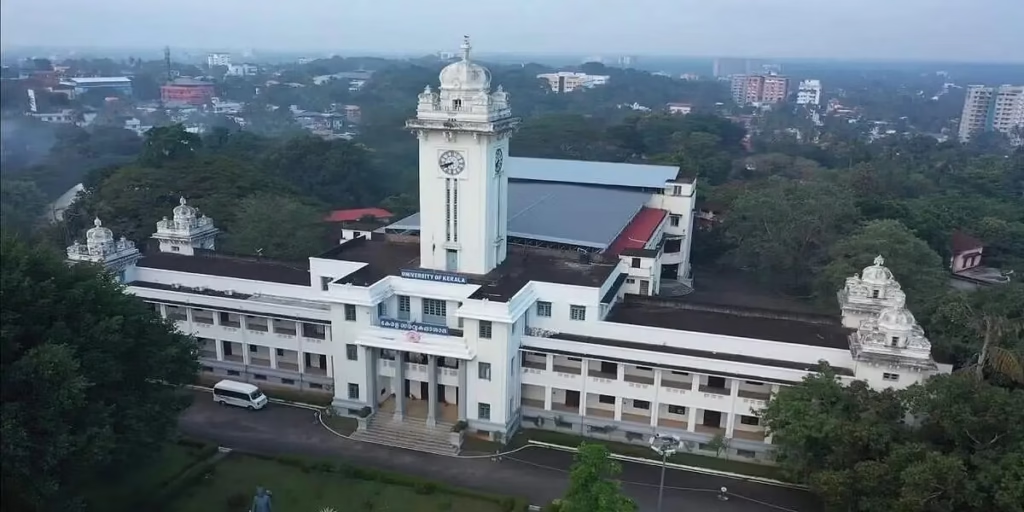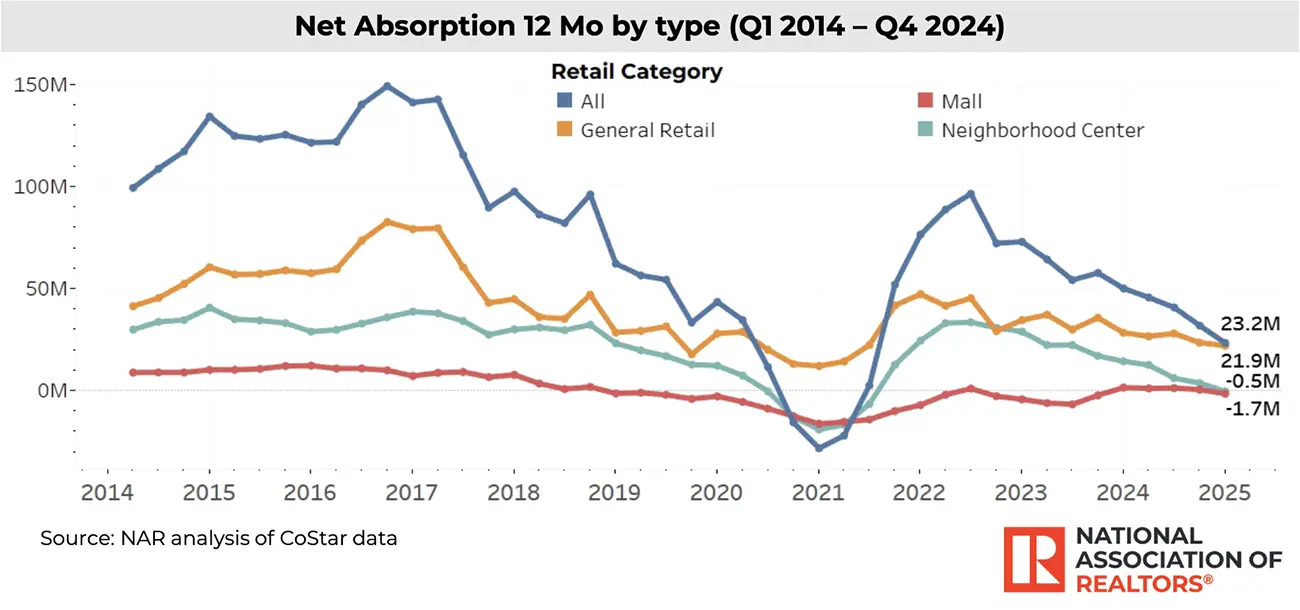Kerala University: A Comprehensive Guide to One of India’s Premier Educational Institutions
Kerala University stands as one of India’s most prestigious educational institutions, offering a wide range of academic programs, vibrant campus life, and a strong tradition of research and innovation. Founded in 1937, Kerala University has grown into a leading center for higher education in South India, attracting students from across the country and abroad. Whether you’re planning to apply, curious about its history, or seeking quality education in Kerala, this article provides an in-depth look at Kerala University.
Table of Contents
- History and Legacy of Kerala University
- Campus and Infrastructure
- Courses and Departments
- Admission Process
- Research and Innovation
- Student Life at Kerala University
- Notable Alumni
- Scholarships and Financial Aid
- Rankings and Recognition
- Kerala University’s Digital Presence
- Collaborations and Partnerships
- Career Opportunities and Placements
- Future Plans and Vision
- Conclusion

1. History and Legacy of Kerala University
Kerala University was originally established as the University of Travancore in 1937 by Maharajah Chithira Thirunal Balarama Varma. It became Kerala University in 1987, aligning with the state’s name and rebranding its academic and administrative identity. As one of the oldest universities in India, it played a crucial role in shaping Kerala’s intellectual and academic development.
More on the history: Kerala University Official History Page
2. Campus and Infrastructure
Kerala University’s main campus is located in Thiruvananthapuram, the capital city of Kerala. Spread across hundreds of acres, the campus houses administrative buildings, libraries, hostels, laboratories, research centers, and cultural venues.
Key features of the campus include:
- Central Library with over 400,000 books and digital archives
- Science and Technology Museum
- Sports complex and stadium
- Student hostels and guest houses
- High-speed internet and digital classrooms
Satellite campuses exist in areas such as Kariavattom, offering a modern research environment with state-of-the-art labs.
3. Courses and Departments
Kerala University offers over 300 courses through its 16 faculties and 41 departments. These cover undergraduate, postgraduate, M.Phil., and doctoral programs.
Popular faculties include:
- Faculty of Science
- Faculty of Arts
- Faculty of Law
- Faculty of Commerce
- Faculty of Management Studies
- Faculty of Engineering and Technology
- Faculty of Social Sciences
Each department regularly updates its curriculum to align with global standards and industry demands.
Explore academic departments: Kerala University Academics
4. Admission Process
Admission to Kerala University is merit-based for most courses, although entrance exams are required for professional and postgraduate programs.
General Admission Steps:
- Online registration on the official portal
- Upload of necessary documents
- Entrance exam (if applicable)
- Rank list and counseling
- Final seat allotment
The university uses a centralized admission portal for undergraduate and postgraduate programs.
Admissions portal: Kerala University Admissions
5. Research and Innovation
Kerala University has emerged as a leading research hub in India. The university boasts:
- UGC and DST-funded projects
- Centres of excellence in areas such as nanoscience, biochemistry, and marine studies
- Collaborations with ISRO, DRDO, and international universities
Doctoral and postdoctoral programs are available in several disciplines, with many scholars receiving national and international recognition for their work.
6. Student Life at Kerala University
Kerala University offers a vibrant student life enriched by cultural festivals, academic conferences, clubs, and social initiatives.
Student life highlights include:
- Youth festivals such as ‘Interzone Fest’
- Student clubs for theatre, music, debate, and photography
- National Service Scheme (NSS) and National Cadet Corps (NCC)
- Sports tournaments and university-level competitions
On-campus hostels, canteens, and libraries support a well-rounded student experience.

7. Notable Alumni
Over the decades, Kerala University has produced a remarkable list of alumni who have excelled in various fields:
- Dr. Shashi Tharoor – Member of Parliament and former UN diplomat
- G. Madhavan Nair – Former ISRO Chairman
- O.N.V. Kurup – Jnanpith Award-winning poet
- M.S. Swaminathan – Father of the Green Revolution in India
- K. Radhakrishnan – Renowned space scientist
The alumni network remains active in mentoring students and contributing to the university’s development.
8. Scholarships and Financial Aid
Kerala University offers a wide range of scholarships to support deserving students, particularly those from economically disadvantaged backgrounds.
Available scholarships:
- E-grantz Scholarships for SC/ST/OBC students
- Merit Cum Means Scholarships
- Post-Matric Scholarships
- Endowment awards and memorial funds
Students can apply through the university or state government portals.
Scholarship info: Kerala Higher Education Scholarships

9. Rankings and Recognition
Kerala University consistently ranks among the top universities in India.
Latest rankings include:
- NIRF Ranking 2024: Top 50 universities in India
- NAAC Accreditation: A++ Grade
- QS Asia University Ranking: Featured among leading South Asian institutions
Its commitment to quality education, research output, and community engagement has earned it national and international accolades.
10. Kerala University’s Digital Presence
To enhance accessibility and learning, Kerala University has invested in digital platforms and resources.
Key digital initiatives:
- Online learning management system (LMS)
- Digital library access
- E-journals and research databases
- Online student services – exam registration, results, hall tickets, etc.
Official website: Kerala University
11. Collaborations and Partnerships
Kerala University collaborates with national and international institutions for research, student exchange, and curriculum development.
Some notable partners include:
- Indian Space Research Organisation (ISRO)
- University of Oxford (UK)
- UNESCO and WHO
- IITs and NITs
These collaborations enhance global exposure for students and faculty alike.
12. Career Opportunities and Placements
The university’s Career Guidance and Placement Cell works actively to help students secure jobs in reputed companies and institutions.
Sectors hiring Kerala University graduates:
- IT and Software (Infosys, Wipro)
- Research and Development
- Government Services
- Teaching and Academia
- Public Sector Units (PSUs)
Workshops, job fairs, mock interviews, and skill development programs are regularly held to prepare students for the job market.
13. Future Plans and Vision
Kerala University has ambitious plans for the future, including:
- Launching more interdisciplinary programs
- Expanding international student enrollment
- Upgrading campus facilities with green infrastructure
- Boosting global research output
- Becoming a full-fledged digital university
Its vision is to be a globally recognized center of excellence that fosters innovation, inclusivity, and sustainable growth.
14. Conclusion
Kerala University continues to uphold its legacy as a beacon of academic excellence in India. With a strong emphasis on research, student development, and global collaboration, the university stands tall among the top higher education institutions in the country. Whether you’re a prospective student, a researcher, or simply curious, Kerala University is an institution worth exploring.
Explore More:


